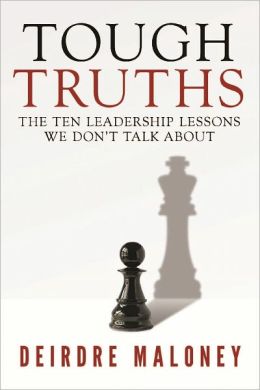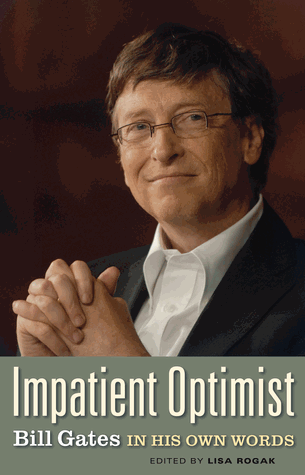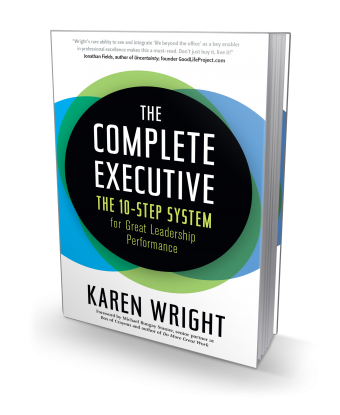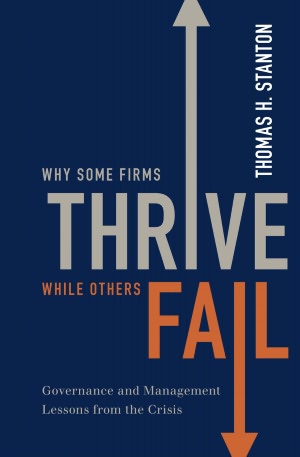The Big Picture of Business: Business Strategy – Quotes on Business
It seems so basic and so simple: look at the whole of the organization, then at the parts as components of the whole and back to the bigger picture.
Obsession with certain pieces, comfort levels with other pieces and lack of artistic flair (business savvy) keep the work in progress but not resulting in a finished masterpiece.
Should every business become Big Picture focused? Yes. My job is to widen the frame of reference as much as possible. Alas, the Big Picture of business is a continuing realignment of current conditions, diced with opportunities. The result will be creative new variations. Masterpieces are not stagnant paintings… they can be continually evolving works in progress.
Quotes on Business:
“No nation was ever ruined by trade.” Benjamin Franklin
“Trade is a social act.” John Stuart Mill
“The business of America is business.” President Calvin Coolidge (1925)
“There is no such thing as a free lunch.” Milton Friedman, 20th Century U.S. economist
“If you pay peanuts, you get monkeys.” James Goldsmith, 20th Century British businessman
“The big print giveth, and the fine print taketh away.” Bishop J. Fulton Sheen
“If two men on the same job agree all the time, then one is useless. If they disagree all the time, them both are useless.” Darryl F. Zanuck, film producer (1949)
“Business underlies everything in our national life, including our spiritual life. Witness the fact that in the Lord’s Prayer, the first petition is for daily bread. No one can worship God or love his neighbor on an empty stomach.” President Woodrow Wilson (1912)
“The first mistake in public business is the going into it.” Benjamin Franklin
“The harder the conflict, the more glorious the triumph. What we obtain too cheap, we esteem too lightly; it is dearness only that gives everything its value. I love the man that can smile in trouble, that can gather strength from distress and grow brave by reflection. ‘Tis the business of little minds to shrink; but he whose heart is firm, and whose conscience approves his conduct, will pursue his principles unto death.” Thomas Paine
“If you want to succeed, you’d better look as if you mean business.” Jeanne Holm
“No one can possibly achieve any real and lasting success or ‘get rich’ in business by being a conformist.” J. Paul Getty
“If I had to sum up in one word what makes a good manager, I’d say decisiveness. You can use the fanciest computers to gather the numbers, but in the end you have to set a timetable and act.” Robert P. Vanderpoel
“The most successful businessman is the man who holds onto the old just as long as it is good, and grabs the new just as soon as it is better.” Lee Iacocca
“Any business arrangement that is not profitable to the other person will in the end prove unprofitable for you. The bargain that yields mutual satisfaction is the only one that is apt to be repeated.” B. C. Forbes
“The successful man is the one who finds out what is the matter with his business before his competitors do.” Roy L. Smith
“A friendship founded on business is better than a business founded on friendship.” John D. Rockefeller, Jr.
“The person who knows how will always have a job. The person who knows why will always be his boss.” Diane Ravitch
“Politics is the art of preventing people from sticking their noses in things that are properly their business.” Paul Valéry
“For a long time it had seemed to me that life was about to begin – real life. But there was always some obstacle in the way. Something to be got through first, some unfinished business, time still to be served, a debt to be paid. Then life would begin. At last it dawned on me that these obstacles were my life.” Alfred D’Souza
“Our business in life is not to get ahead of others, but to get ahead of ourselves – to break our own records, to outstrip our yesterday by our today.” Stewart B. Johnson
Business
There is a difference between knowing a product-industry and growing a successful business. It is possible for a company and its managers to know much about certain arts and sciences without having the will to pursue them.
These are major areas where companies fail, per branch on The Business Tree:
- The business you’re in. They are not in the right business for well thought out reasons. They don’t have a clearly unique product, but instead rally behind ideas that are not fully developed. There exists either an overdependence upon one product or service line, or the company is diversifying beyond the scope of its core expertise.
- Running the business. One observes poor controls, obsolete equipment and under-qualified administrative support. Staff is not properly trained or equipped to handle rapid influxes of business. Production and deliverability are strained already…and it gets worse.
- Financial. The company is undercapitalized. It may experience unprofitable pricing, poor payables-receivables policies, lack of accountability and excess overhead. There is too much emphasis upon getting rich, rather than steadily growing and improving. Management relies only upon ‘bean counters’ for company direction.
- People. There exists a mis-use of company resources, notably its people. Insufficient investment was made toward human capital on the front end. Employees are not empowered to make decisions or take risks. Management remains isolated or unrealistic, possessing limited leadership development and people skills.
- Business Development. There exists an overall naivete about the marketplace, reflected by unrealistic sales policies, quotas and sales management. Customer service is not good, doesn’t improve and never is a major emphasis for the company. Marketing is more for ego reasons, rather than a careful strategy. Sales and marketing are not given enough support… especially management’s personal participation. There is a lack of understanding about protecting existing business, entering new markets, new product development or collaborations.
- Body of Knowledge. The organization has fought change. It is unable to read the warning signs or understand external influences. Regulatory red tape proliferates. Management doesn’t take the time to understand how the company has grown or analyze the relationship of each branch to the other. The company has set itself up to avoid change…failing to grow without a crafted or shared Vision.
- The Big Picture. The company has failed to understand what business they’re really in. They have not planned strategically. Without an articulated, well-implemented vision, business will not evolve because no Big Picture ever existed.
Much of the wisdom to succeed lies within. People under-perform because they are not given sufficient direction, nurturing, standards of accountability, recognition and encouragement to out-distance themselves. Organizations start to crumble when their people quit on each other.
Unhealthy organizations will always ‘shoot the messenger’ when change and improvements are introduced. Healthy organizations absorb all the knowledge and insight they can… embracing change, continuous quality improvement and planned growth.
The level of achievement by a company is commensurate to the level and quality of its vision, goals and tactics. The higher its integrity and character, the higher its people must aspire.
About the Author

Hank’s latest book functions as a ‘PDR of business,’ a view of Big Picture strategies, methodologies and recommendations. This is a creative way of re-treading old knowledge to enable executives to master change rather than feel as they’re victims of it.
Power Stars to Light the Business Flameis now out in all three e-book formats: iTunes, Kindle, and Nook.




